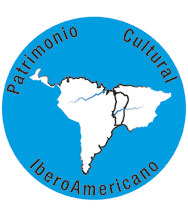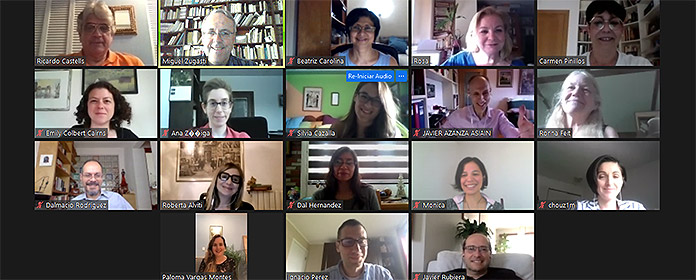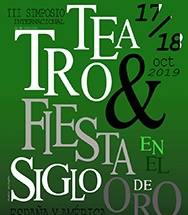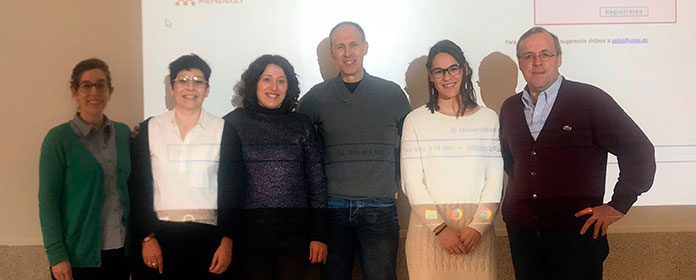The network of Researchers on Ibero-American Cultural Heritage is born, promoted by the group TriviUN of the University.
<div style="display:none"></div>

Last August, at the heart of an internationalcongress held in Lima, the network of Researchers on Ibero-American Cultural Heritage was established, with the goal to promote the study, the research and the dissemination of the cultural heritage of Ibero-America.
Its creation was coordinated by Miguel Zugasti, Full Professor of Literature at the University of Navarra and member of group TriviUN, in partnership with the American researchers Gloria Cristina Flórez, from the Universidad San Marcos de Lima; Milena Cáceres, from the Pontificia Universidad Católica del Perú; and rule Campos, from the Fundación Visión Cultural, Bolivia. The founding certificate has been signed and endorsed by more than forty scholars and researchers from countries such as Peru, Brazil, Chile, Argentina, Bolivia, the United States and Spain.
purpose The network of Researchers on Ibero-American Cultural Heritage was created with the aim of bringing together the diverse contributions in Culture and Humanities from the Iberian Peninsula (Spain and Portugal) and the Americas, as well as from territories in other continents (Asia, Africa and Oceania) where there are traces of the Spanish and Portuguese presence in past centuries. Ibero-American Cultural Heritage is understood as the cultural heritage that the peoples of Ibero-America have received from their ancestors, regardless of whether it belongs to the tangible or intangible heritage. This cultural heritage financial aid shapes the identity of Ibero-America today, which is manifested in a plural and multiform way in monuments, history, literature, archives, museums, visual culture, etc.
The promotion of the study, the research and the dissemination of the cultural heritage of Ibero-America will be carried out through publications, groups of work, interdisciplinary workshops, convening of congresses and other activities.





